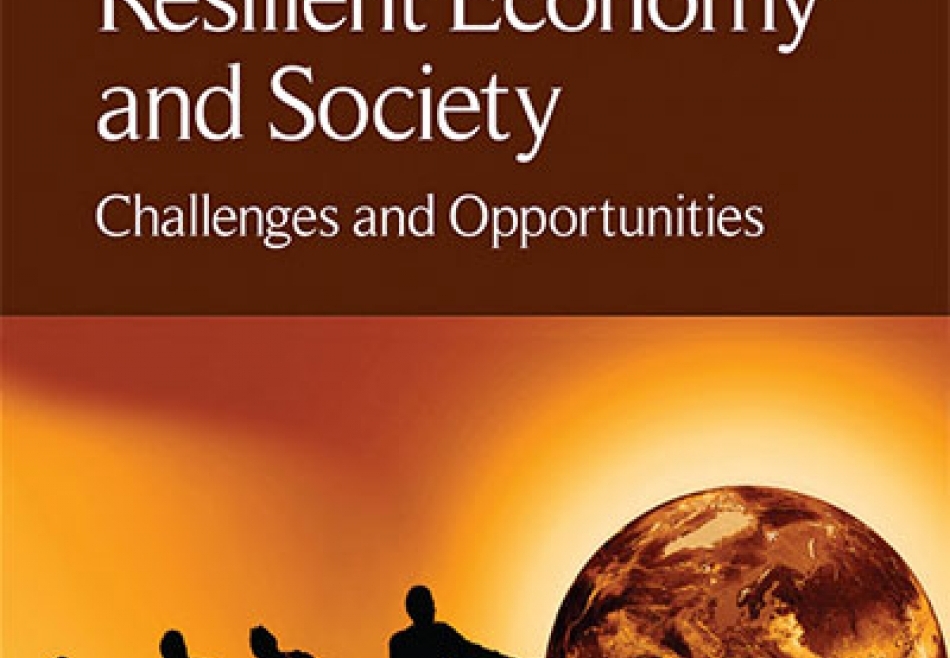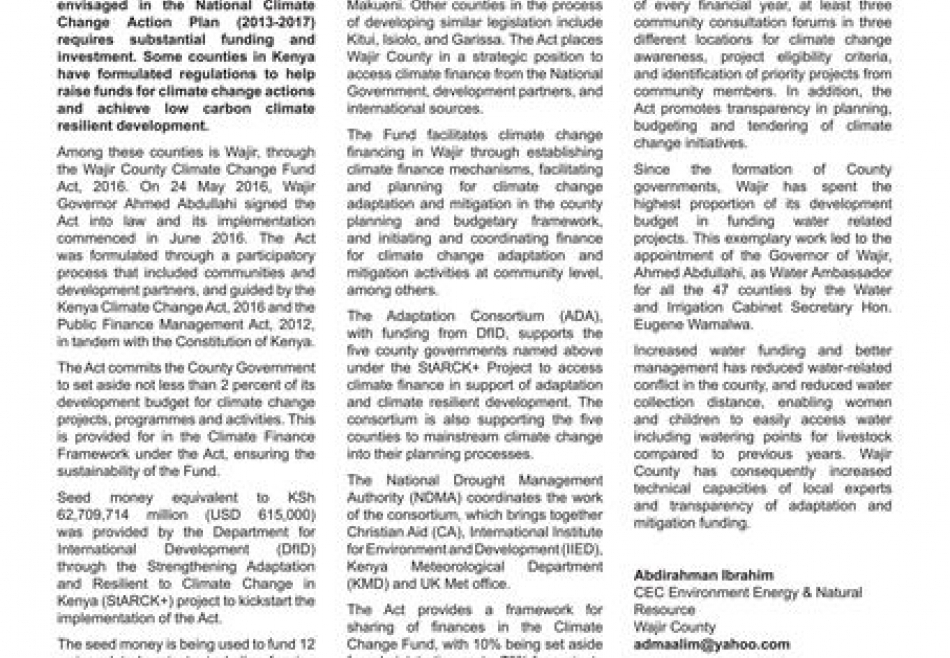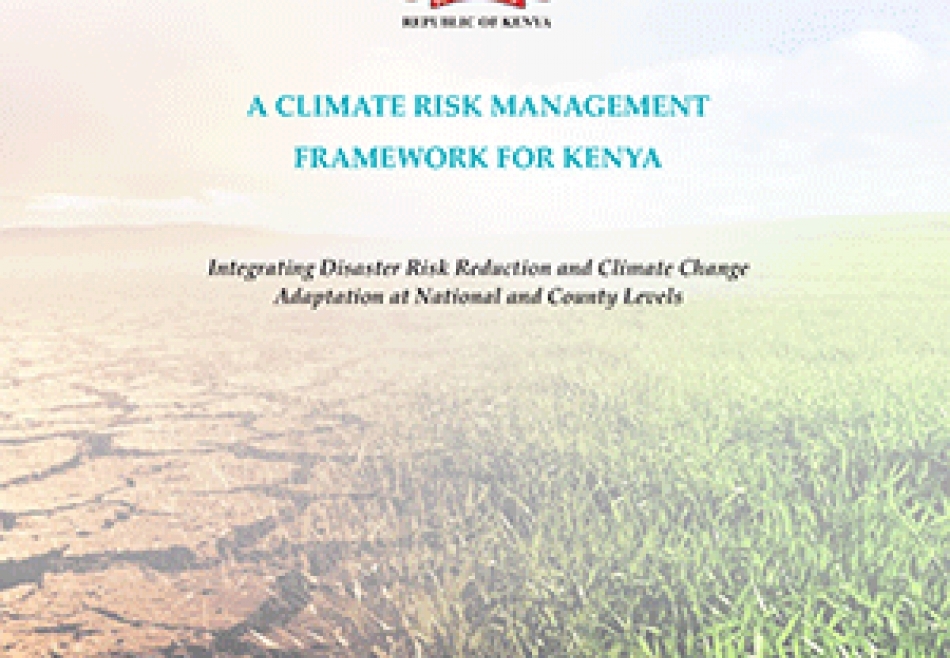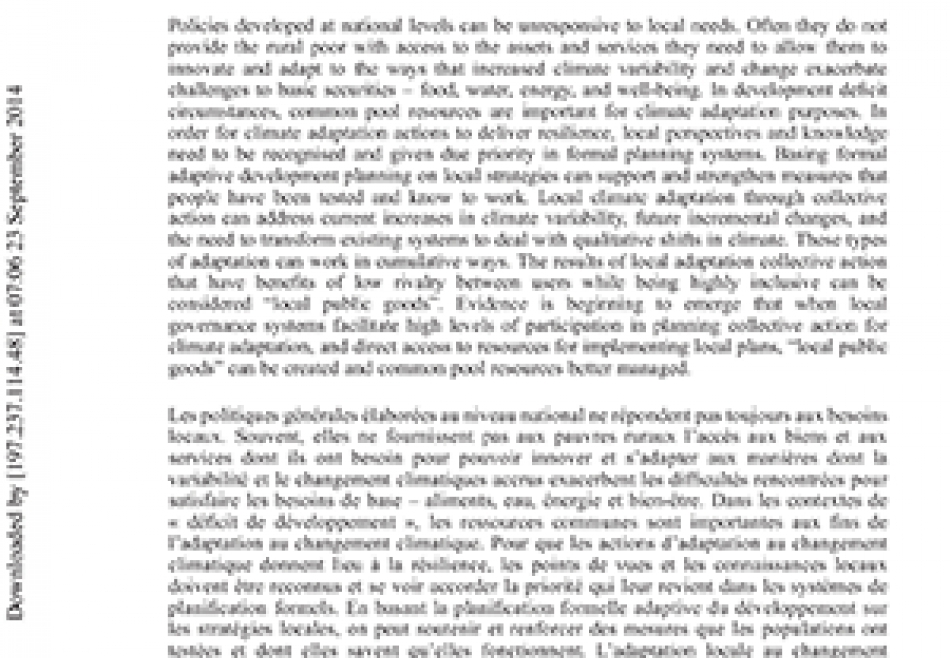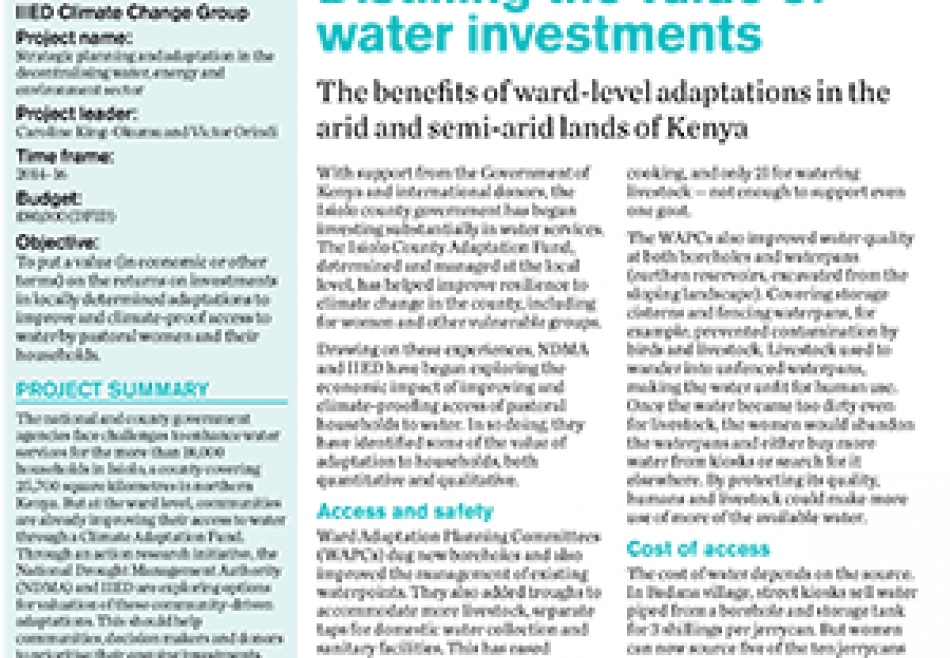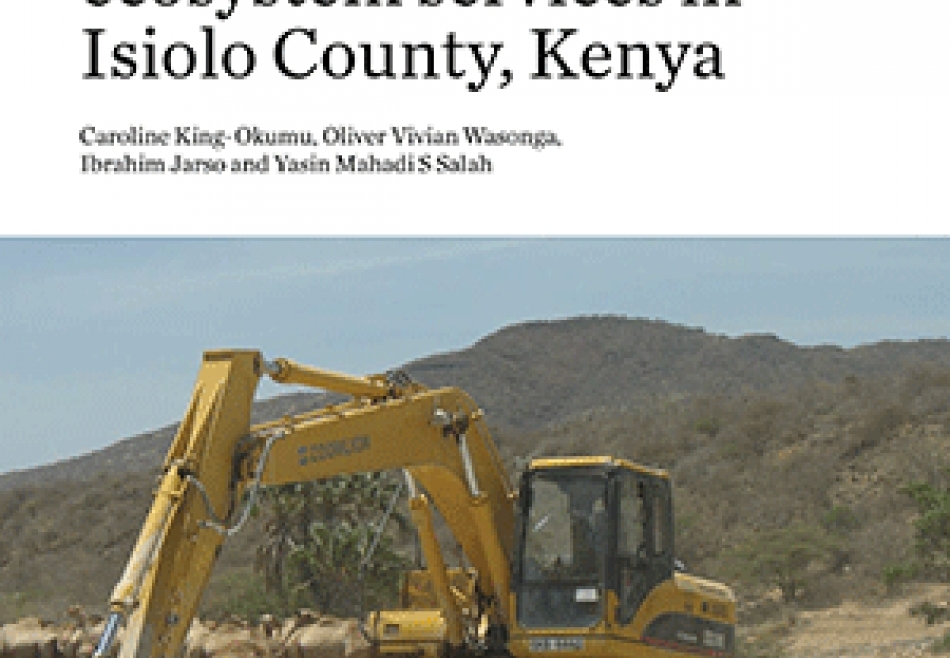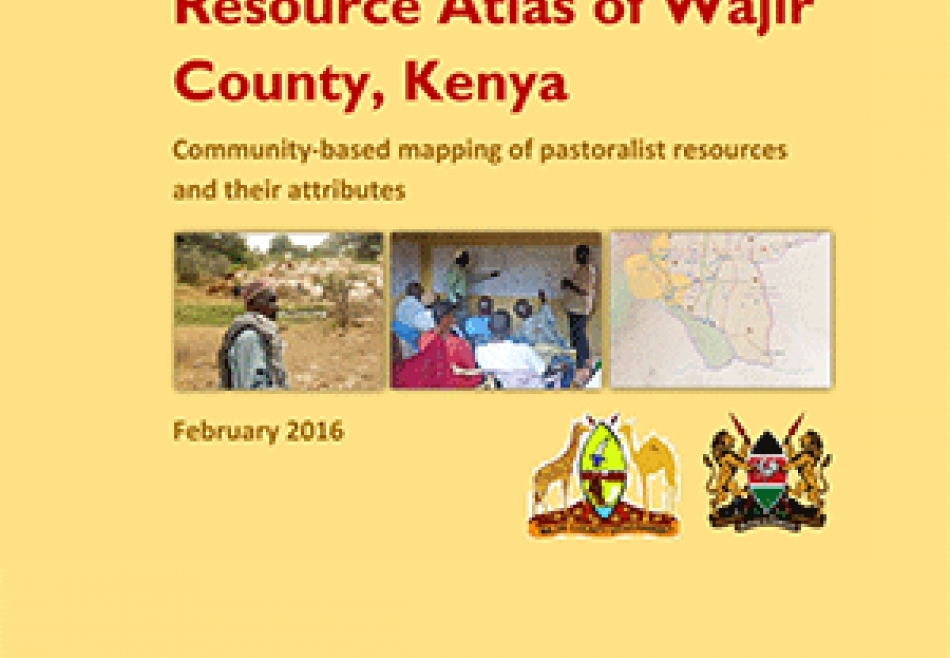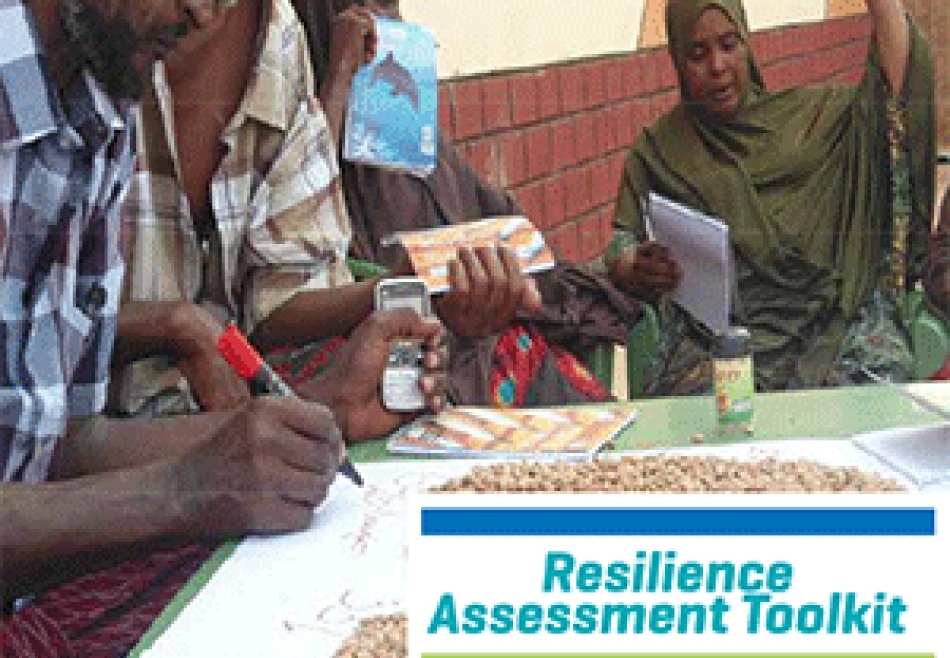Challenges and Opportunities: Chapter 15 Democratising climate finance at local levels Climate change will have a profound impact on human and natural systems, and will also impede economic growth and sustainable development. In this book, leading experts from around the world discuss the challenges and opportunities in building a climate resilient economy and society. The chapters are organised in three…
